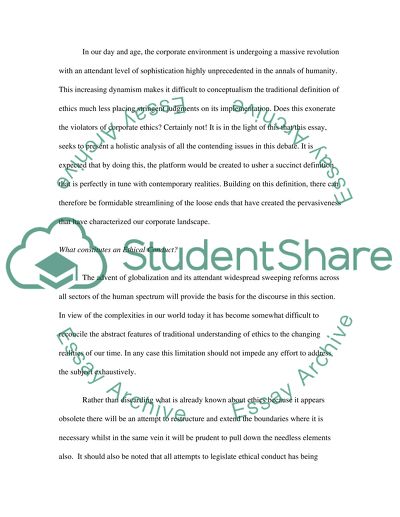Cite this document
(The Cost of Unethical Conducts on the American Economy Essay, n.d.)
The Cost of Unethical Conducts on the American Economy Essay. Retrieved from https://studentshare.org/macro-microeconomics/1532096-ethics-in-modern-american-corporate-environment
The Cost of Unethical Conducts on the American Economy Essay. Retrieved from https://studentshare.org/macro-microeconomics/1532096-ethics-in-modern-american-corporate-environment
(The Cost of Unethical Conducts on the American Economy Essay)
The Cost of Unethical Conducts on the American Economy Essay. https://studentshare.org/macro-microeconomics/1532096-ethics-in-modern-american-corporate-environment.
The Cost of Unethical Conducts on the American Economy Essay. https://studentshare.org/macro-microeconomics/1532096-ethics-in-modern-american-corporate-environment.
“The Cost of Unethical Conducts on the American Economy Essay”, n.d. https://studentshare.org/macro-microeconomics/1532096-ethics-in-modern-american-corporate-environment.


